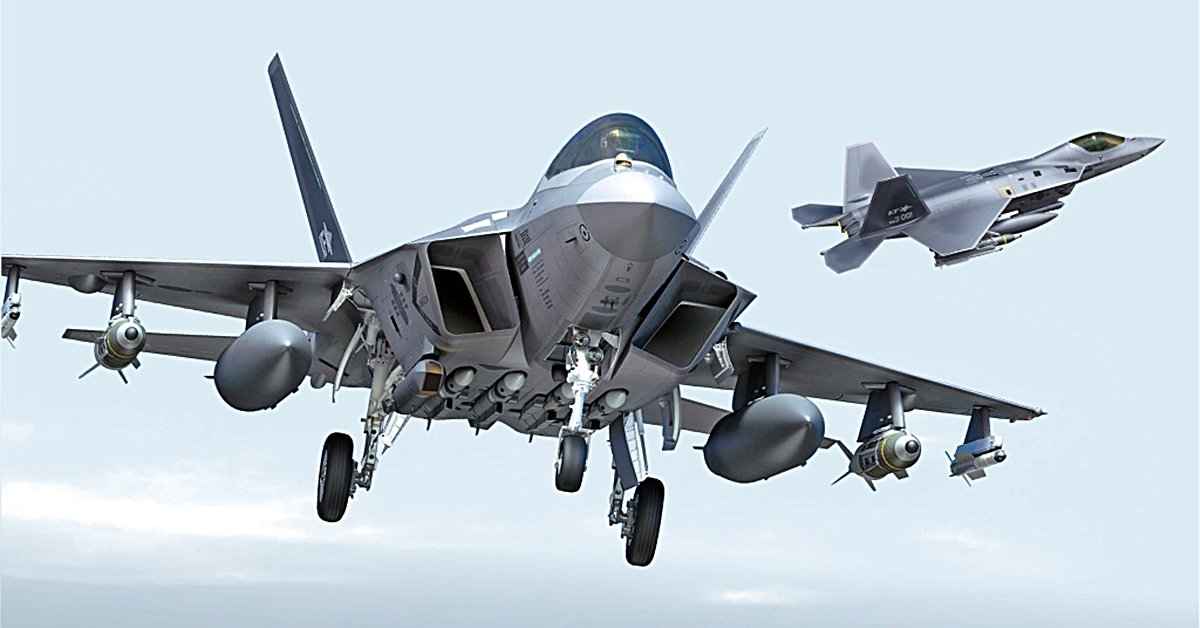Curtiss-Wright Data Solution for Korea’s 5th Generation Fighter Aircraft
By Isaak Zulkarnaen
Curtiss-Wright’s Defense Solutions division has been awarded a contract by Korea Aerospace Industries (KAI) to provide a complete data acquisition system (DAS) for use in flight-test campaigns for the new fifth generation Korean Fighter eXperimental (KF-X) multirole fighter aircraft. Under the contract, Curtiss-Wright — a top supplier of flight test instrumentation systems solutions — will provide airframe maker KAI with a complete FTI system that gathers and processes data from the aircraft during test flights.
“We are very proud that our industry-leading integrated data acquisition technology has been selected by Korea Aerospace Industries to support the important 5th generation K-FX fighter jet program, further strengthening our long and successful relationship,” said Lynn Bamford, President, Defense and Power Segments.
“Curtiss-Wright uniquely offers the components and expertise needed to provide FTI customers with complete fully integrated FTI system solutions. We are especially pleased, as this contract represents the largest win to date for our industry-leading Axon data acquisition system technology, as well as the first 5th generation fighter jet deployment for Axon,”she said May 26.
The fully integrated DAS solution will feature Curtiss-Wright’s next-generation Axon™ miniature data acquisition unit (DAU), the FTI industry’s most compact and high speed DAU. In addition, the DAS will include Curtiss-Wright’s KAM-500™ DAUs, NSW-12GT-1 12-Port Gigabit airborne network switches, TTS-9800-2 tri-band transmitter, nEUP-2000-1 engineering unit processor, ANT-00800T-1 L/S-band antenna, LDP-050-AB-1 airborne-rugged 5-inch diagonal display and GPS-FLR-100-1 active GPS splitter. Shipments, which are expected to begin in August 2020, are scheduled to run through the end of the year. Flight-test campaigns are critical to determine that a new aircraft meets design specifications, is functional and safe, and can be certified for use. Such campaigns require significant resources and any delays are very costly, making it critically important that all FTI equipment work reliably to ensure that no unplanned extra flights are needed.


